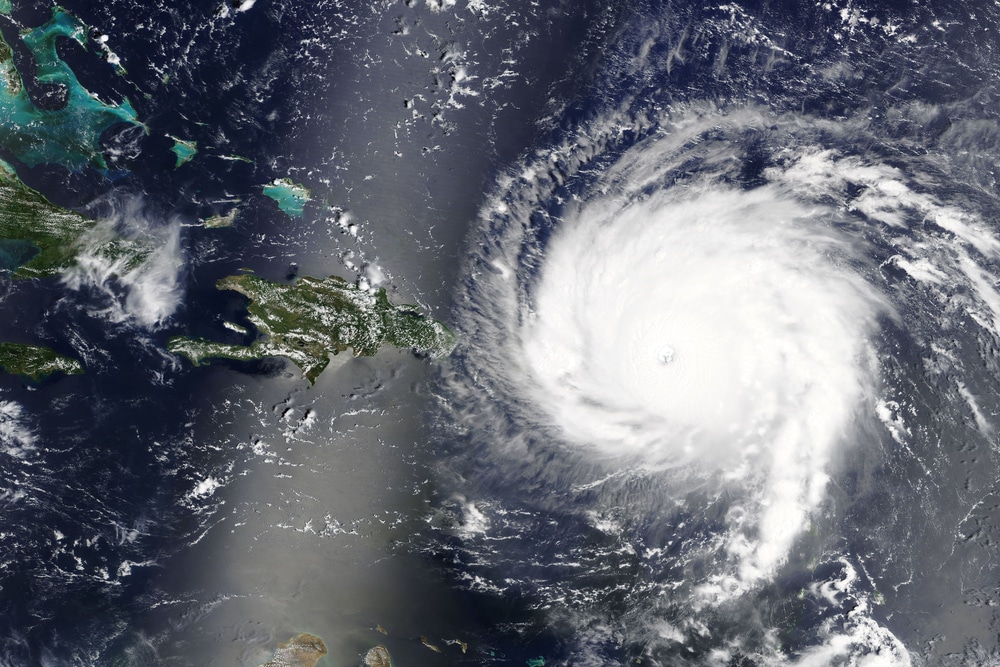The Zika virus headlines may seem disturbingly familiar — with good reason. Although Zika and Ebola are very different contagions that cause distinctive diseases, there are startling similarities in how the two epidemics unfolded. Both were detected late. By the time health authorities understood that we were in the midst of an Ebola outbreak, the virus had been spreading for months and across multiple international borders. We are only now starting to piece together the magnitude of the Zika crisis, but the more than 20-fold surge in reports of microcephaly — a neurologic birth defect believed to be caused by Zika infection in pregnant women — last year in Brazil suggests that extensive viral spread in late 2014 and early 2015 went unnoticed.
Both disease outbreaks generated sluggish international responses. The World Health Organization was lambasted for its long delay before labeling the Ebola outbreak an international emergency. With Zika cases now reported in 23 countries and territories in the Americas and up to 1.3 million infections in Brazil alone, WHO finally declared the outbreak an international public health emergency on Feb. 1. It remains to be seen whether WHO will effectively escalate international control and research efforts, while preventing countries from imposing unwarranted travel and trade restrictions. FULL REPORT

















